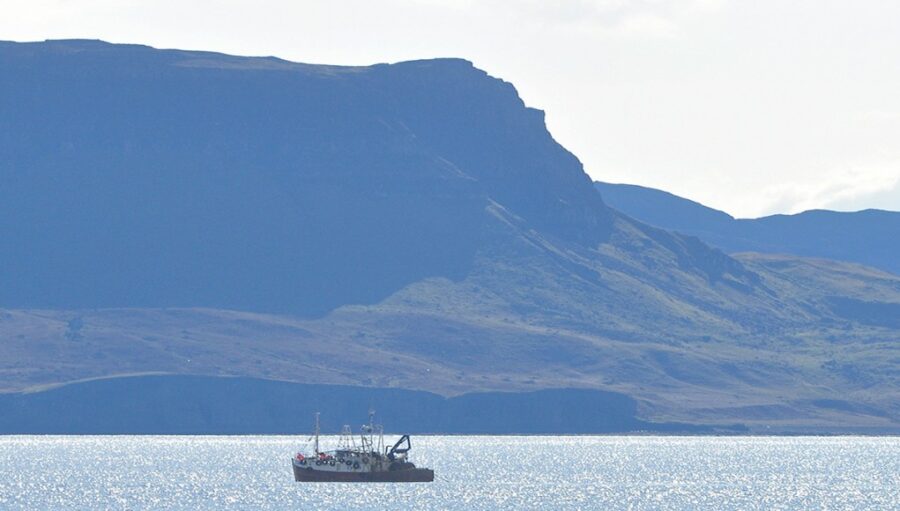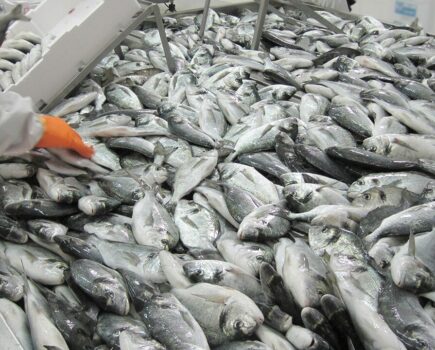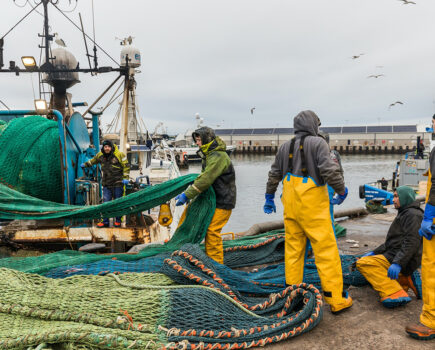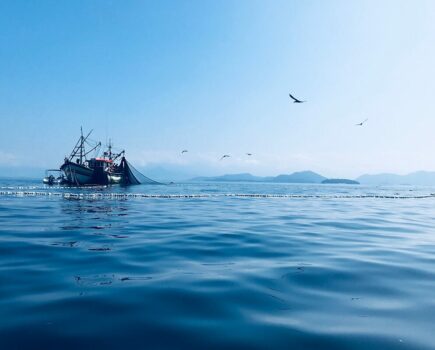A second consultation is to be held on the Small Isles MPA on the north-west coast of Scotland, reports Tim Oliver
Proposed draft management measures will be published in August, and the consultation will last for eight weeks.
Scottish Environment Secretary Roseanna Cunningham told a meeting last week of the Scottish Environment, Climate Change and Land Reform Committee that she expected the statutory instruments would be laid in the Scottish Parliament in time for measures to take effect on 1 January 2017.
Original proposals to set up the MPA were delayed after Mallaig and North West Fishermen’s Association raised concerns over the effects of the MPA on local fishermen’s livelihoods and safety. More talks have since been held.
The Environment Secretary was responding to questions from Kate Forbes, the local MSP for the Skye, Lochaber and Badenoch constituency, which includes the Small Isles. Ms Forbes also asked Ms Cunningham about the timetable for the second batch of MPAs and special areas of conservation (SACs) management measures in the region, and how she would ensure that all stakeholders were engaged and part of the process.
The minister said there ‘constant discussions’ with stakeholders and a formal consultation was planned for the coming winter.
Kate Forbes also asked the minister how the government was monitoring ‘the success or otherwise’ of the MPAs already in place – in particular, the impact on livelihoods.
Ms Cunningham replied: “We do not have any initial findings, at the moment. It is all a bit too recent – the MPAs have really taken effect only this year and official fisheries data take a while to feed through for analysis.
“There will be socio-economic monitoring. It will look at two different areas – how the fishing industry is changing its activities in response to the MPAs, and the resulting impact on landings. That means also looking at incomes and employment in coastal areas. We are gathering evidence on that, and we hope to be able to report on it by the end of the year.
“In a sense, this is all an on-going process. We are consulting, introducing and monitoring and then examining results. It is a rolling caravan that is constantly under assessment, and each stage informs how we handle the next one.”
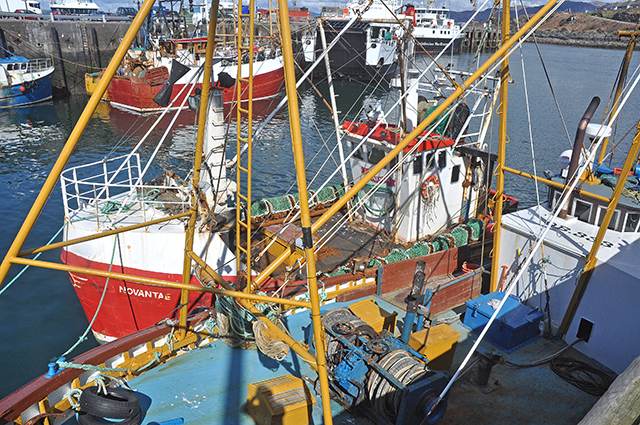
The traditional fishing community of Mallaig is heavily reliant on sensible management proposals for The Small Isles MPA.
The committee convenor asked the minister about meetings of its predecessor committee earlier this year with some stakeholders, who ‘came out of the room feeling that points that they had made had been accepted and taken on board, but it turned out in the final proposals that they had not’.
“Are you confident that the way in which dialogue and consultation will take place going forward will mean that we avoid such situations?” asked the convenor.
The minister said: “One of the issues is that we are required, for MPA designations, to look at the science, not the socio-economics, whereas the communities that are affected by them want to look at the socioeconomics, and not just the science. There is always a bit of dynamic tension in the process. The analysis of the existing MPAs and their impacts will be important for future discussions. We are in constant dialogue on the issues and will probably continue to be so.”
Kate Forbes said after the meeting she was pleased that the Scottish government was prepared to listen to the concerns of fishermen.
The Small Isles MPA covers 800 square kilometres and one feature it is being set up to protect is the UK’s only beds of rare fan mussels.
For more fishing-related news, click here

